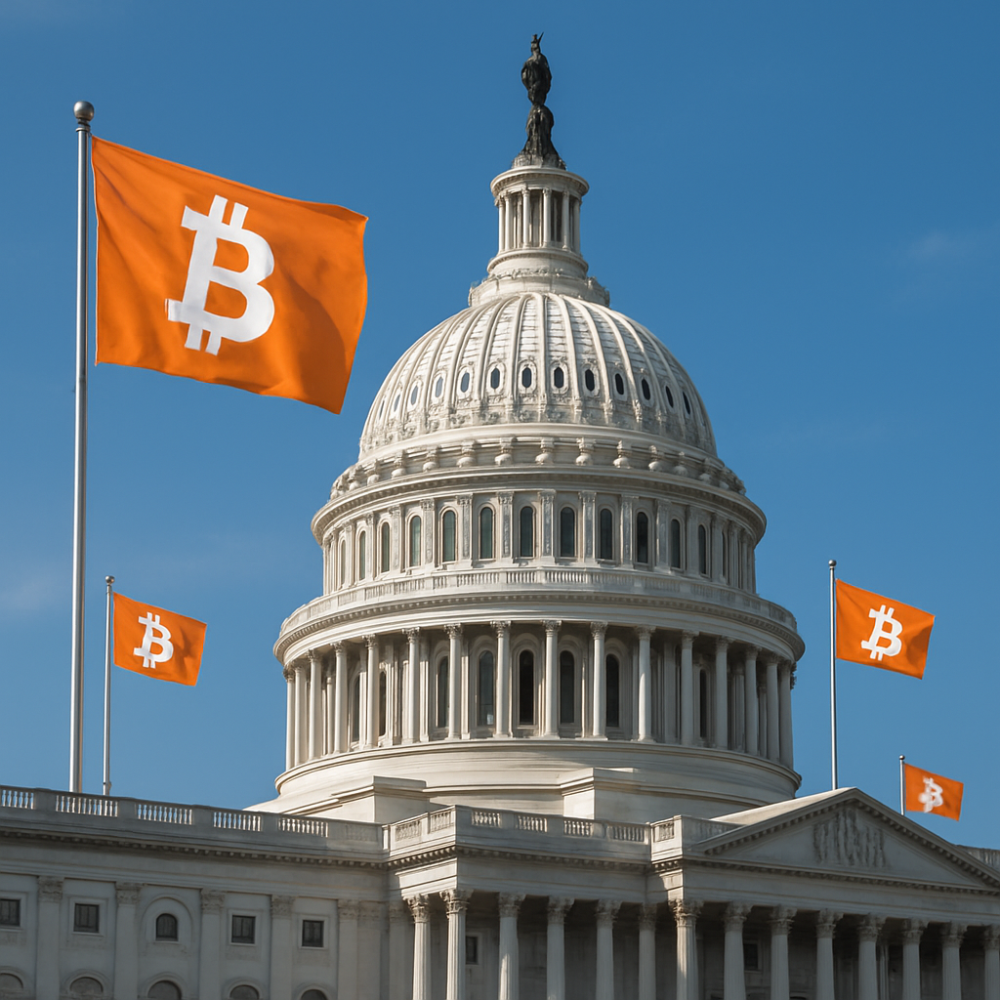The Trump administration took another step towards fulfilling its campaign promise to make the United States the “crypto capital of the world.”
The U.S. Securities and Exchange Commission (SEC) announced Project Crypto on Thursday. This is a sweeping plan to modernize financial regulation and embrace blockchain innovation. The initiative seeks to move America’s financial infrastructure on-chain, clearing the way for broader adoption of Bitcoin and digital assets.
The project represents a major regulatory shift. SEC Chairman Paul S. Atkins emphasized that the goal is to support innovation, not suppress it.
“Our aim is to help market participants understand how to classify crypto assets,” Atkins said. “Whether it’s a stablecoin, a digital collectible, or a commodity, people need clear guidance.”
Accordingly, the SEC will provide detailed categories and definitions, helping issuers and developers determine whether their asset falls under securities laws. The agency plans to assess each asset by examining the economic reality of the transaction, not just the labels.
“We are at the threshold of a new era in the history of our markets,” Atkins declared. “Today, I’m announcing the launch of Project Crypto.”
Project Crypto will include a number of new features. These include fast-track exemptions for new technologies and business models that don’t fit traditional regulatory boxes. Additionally, the SEC will issue updated guidance for decentralized finance (DeFi) and support for on-chain governance.
Further, the commission says it will actively promote self-custody and decentralized trading platforms. This marks a major departure from prior efforts to impose rigid oversight over digital assets.
Read more: Bitcoin gains DeFi capabilities through Tap Protocol integration
Read more: Trump administration pushes for sweeping crypto rules
Project Crypto has firm political momentum
In addition, the agency is exploring an “innovation exemption.” This would allow both registered and unregistered firms to launch new blockchain-based products without facing immediate regulatory delays.
Also, the commission will work with lawmakers to codify new standards for token classification and on-chain disclosures. This includes building legal clarity into how projects raise funds, issue tokens, and interact with users.
With bipartisan backing and the recent passage of the GENIUS Act, Project Crypto has firm political momentum. Lawmakers in both parties have called for streamlined rules that promote U.S. leadership in blockchain and digital assets.
“At the SEC, we will support America’s builders rather than trap them in bureaucratic red tape,” said Atkins. “We want to give innovators room to build.”
However, Atkins noted that the SEC still intends to protect investors. “While we’re embracing innovation,” he said, “we’re also holding developers to a standard of transparency and fairness.”
The commission says it will continue public consultations, seek industry feedback, and publish a roadmap in the coming months.
Project Crypto signals a clear shift in Washington’s approach to digital finance. The U.S. is no longer asking whether crypto belongs in the financial system—but how fast it can lead it.














